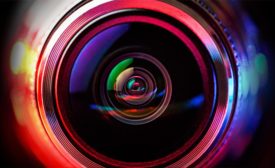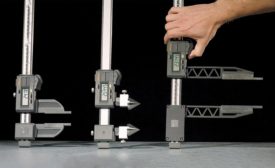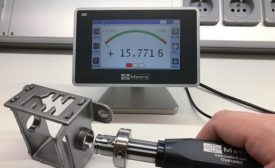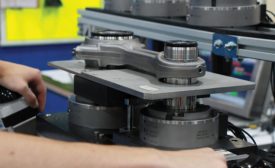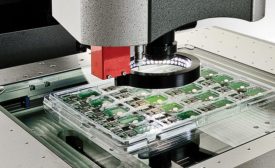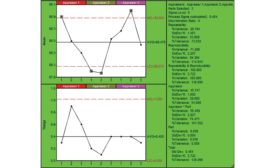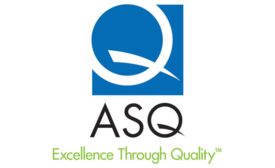Quality 101
Not All that is Green is Good
There are methods to hide bad product under green numbers.
December 1, 2020
Gages for Screw Thread Inserts (STI)
It is critical for both the gage manufacturer and the metrology lab to know the industry standard for the gages being manufactured or calibrated.
November 2, 2020
A 'Focused' Look at Portable Precision Measurement: Understanding Laser Trackers
Laser trackers have applicability across the manufacturing lifecycle.
October 1, 2020
Does Air Gaging fit into a Modern World?
Air gaging is an extremely fast measurement method even when measuring difficult geometries.
September 2, 2020
The Veteran of Noncontact Metrology
Is air gaging still relevant in the 21st century?
September 2, 2020
Multi-Sensor Metrology Advances
Advancements in multi-sensor platforms combine the best features of vision and touch-probe inspection for maximum accuracy and speed.
August 4, 2020
An R&R Study
In most situations, you're likely to be surprised by the amount of R&R error detected.
June 30, 2020
Stay in the know with Quality’s comprehensive coverage of
the manufacturing and metrology industries.
eNewsletter | Website | eMagazine
JOIN TODAY!Copyright ©2025. All Rights Reserved BNP Media.
Design, CMS, Hosting & Web Development :: ePublishing
